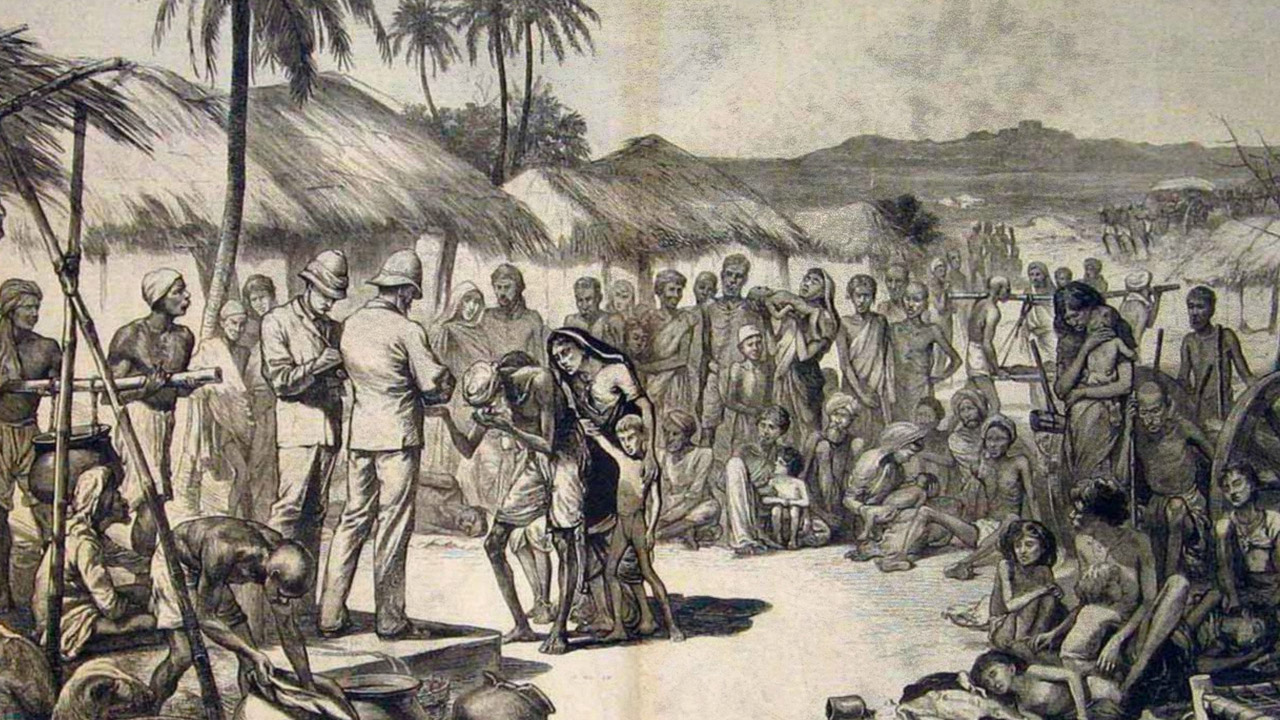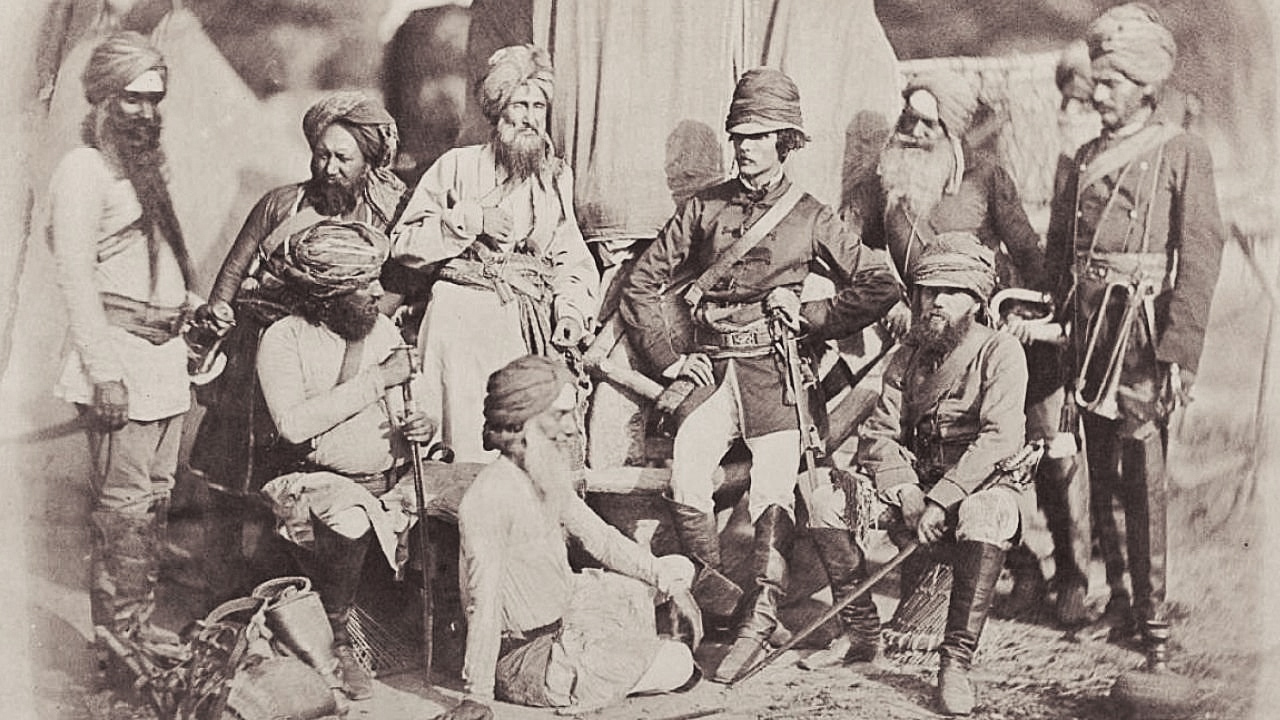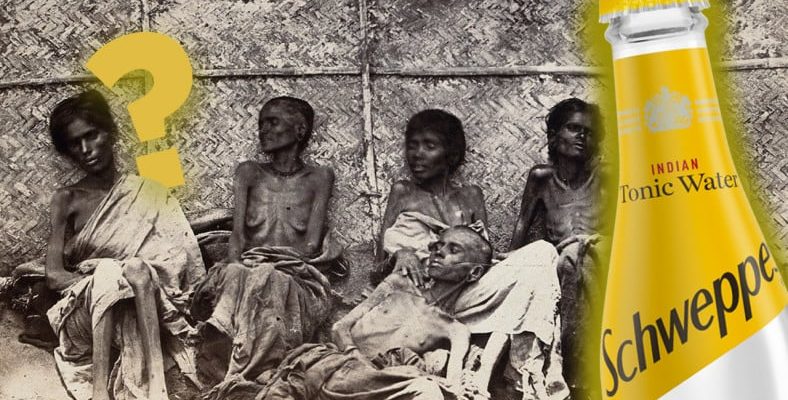Have you ever wondered how Schweppes’ most popular product, the tonic, came about? The origin story of Schweppes, a globally popular and successful beverage brand with its tonics and sodas, is not as colorful as its product range.
Schweppes; ginger, lime, grapefruit It is a brand that many of us love and has managed to engrave its name in golden letters in the sector with its drinks that bring together niche flavors such as. At the same time, he created a successful story for himself with his product naming and extremely good advertisements published in different periods. However, the tonic, which we love to consume today, paved the way for developments that were not very good in a period of history.
The tonic you drink with pleasure today, malaria You probably haven’t heard before that it’s related to his illness. Alright Covid-19 Did you happen to buy bottles of Schweppes at your house when the pandemic broke out?
“What does Schweppes have to do with all this?” if you say, the brand’s malaria treatment and colonialism We can say that it has an interesting story that goes back to its activities. You did not hear wrong; The tonic is somehow associated with colonialism, one of the most brutal activities in history.
The success of Jacob Schweppe, who discovered soda and tonic, would indirectly cause centuries of pain and destruction for millions of people.
Schweppes is actually known for discovering soda before tonic. Living in Switzerland in 1783 British chemist Johann Jacob Schweppe He discovered how to obtain carbonated water, which was then used as a common medicinal product, and in 1792 produced the first carbonated drink, soda, in England. of soda With its popularity, Schweppes started to offer a wide range of products and has become a world-renowned brand today.
Tonic It emerged with the British colonial activities and the onset of malaria. At that time India Malaria was very common in their lands and it was very risky for the soldiers to send soldiers to these lands due to the disease. It was at this point that Jacob Schweppe developed the drink he called tonic.
Quinine, which made the treatment of malaria possible, was too bitter to be loved despite this feature; Schweppes found the solution to this problem.

Quinine Does the name sound familiar to you? If you remember, one of the misinformation that spread at the speed of light during the Covid-19 period was that Schweppes had protective and healing properties against Covid-19 due to the quinine it contained. They had flocked to the markets and bought bottles of Schweppes. Covid-19 This was the most effective remedy for malaria in the 17th century.
Malaria was an incurable disease at the time of its prevalence. However, in the 17th century Peru It was discovered that a plant called quinine, used by the natives, could cure malaria.
Quinine; it not only cured malaria, but also exerted a protective effect against the disease. However, its taste was so bitter that no one wanted to consume quinine.

At this point, another important discovery came into play: tonic juice.
Chemist Jacob Schweppe In the late 18th century, he produced a beverage by adding carbon dioxide to water through the carbonation process, making it carbonated. To this drink “tonic juice” gave his name. The tonic also contained the quinine component used to treat malaria. However, similar to the taste of quinine, the tonic tasted rather bitter.
Although the soldiers did not like a sweetened version of quinine, they began to consume the tonic with pleasure. Your tonic carbonaceous It still gave it a different flavor.
The spread of tonic water and the fact that the colonial countries could send more soldiers to India caused the acceleration of colonial activities, the traces of which will not be erased for centuries.

With the popularization of tonic water, it suddenly became easy to protect against malaria. English East India Company, started to encourage producers for the quinine raw material used in the production of tonic. Schweppes, tonic while being the leader in production; The East India Company was able to accelerate its colonial activities in India. These activities increased British influence in India and to the colonization of the country led to
Finding a cure for the disease was of course a good development, but this did not lead to very good results.
as we know colonialism colonizers’ activities, often by controlling resources and people in colonial countries. economic, political and social enables them to achieve their goals.
These activities are usually the people of colonial countries. to impoverishThis leads to the control of resources and income by the colonists, the suppression of local cultures, and the suppression of struggles for the independence of colonial countries.
Such was the case for India. While the colonial states were enriching the country’s natural resources and human resources, they left a legacy of poverty and backwardness that could not be exceeded for centuries.

These policies contributed to the impoverishment of the local population and the oppression of the British colonialists. to enrich led to It is quite ironic that Schweppes tonic appears as a factor that accelerates such great evils and legitimizes colonialism.
RELATED NEWS
Fanta with Apple Remains and Cheese When It Was First Produced, Why II. Did World War II Originate in Germany?
RELATED NEWS
Coca-Cola’s “New Coke” Failure, Which Made a Big Mistake When I Was Overcome by Greed Saying I’d Catch Pepsi
RELATED NEWS
